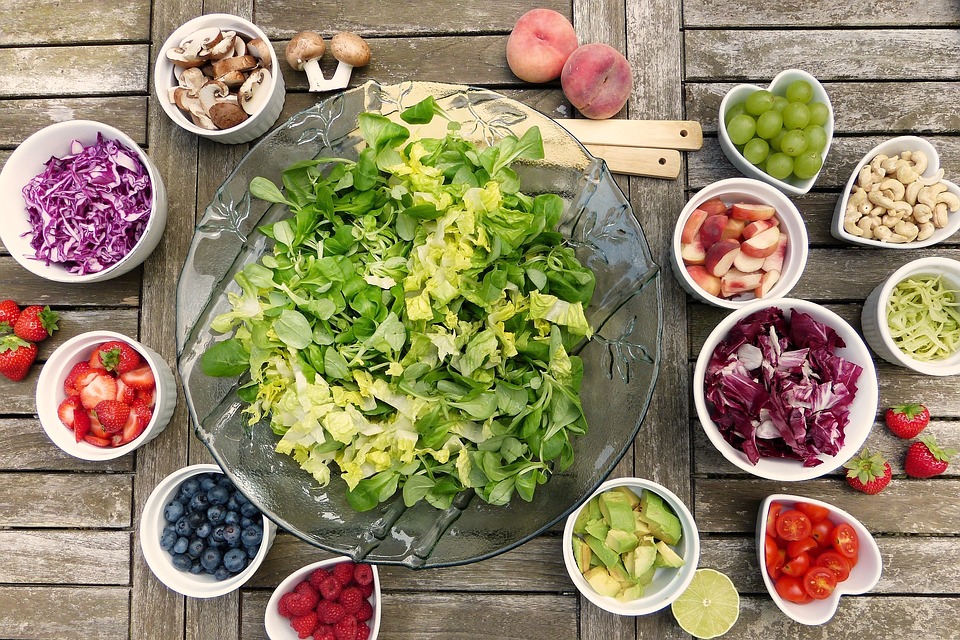Note that your final mark will not be saved in the system.
1.3 Energy use, diet, nutrition and hydration Typeit
Type the correct answers into the spaces. Fill all the spaces before clicking ‘Check Answers!’

Energy is most commonly measured in (kcal), and is found in the food we eat. A balanced diet consists of an appropriate amount and variety of each (carbohydrate, fats and proteins) and each (vitamins and minerals) and dietary fibre. Water is also an essential nutrient which is needed daily for the healthy functioning of the human body.
Each component should make up an energy intake of kcal per day for the average male and kcal per day for the average female. This is to promote energy when maintaining a healthy weight, by having an equal intake and expenditure of energy. However, intake and expenditure might be adjusted in order to achieve weight, which differs for a range of sports. Let's explore these below.
A positive energy balance will result in weight and is achieved by having a greater energy intake than expenditure. A greater body mass is important in sports such as rugby, where forwards are required to be big, heavy, strong and hard to take down. On the other hand, a lower body mass is important in sports where efficiency of movement is required, such as gymnastics and long-distance running. Optimum weight can also vary in the same sport, such as boxing, where performers are required to either gain or lose weight to make weight categories.
There are several factors that affect optimum weight, and these are listed below.
- – there is a correlation between how tall a person is and their weight
- Muscle – greater size of muscles will add weight to an individual
- structure – a greater density will also add weight to an individual
- Sex – a combination of the above three factors makes more likely to have a greater optimum weight than